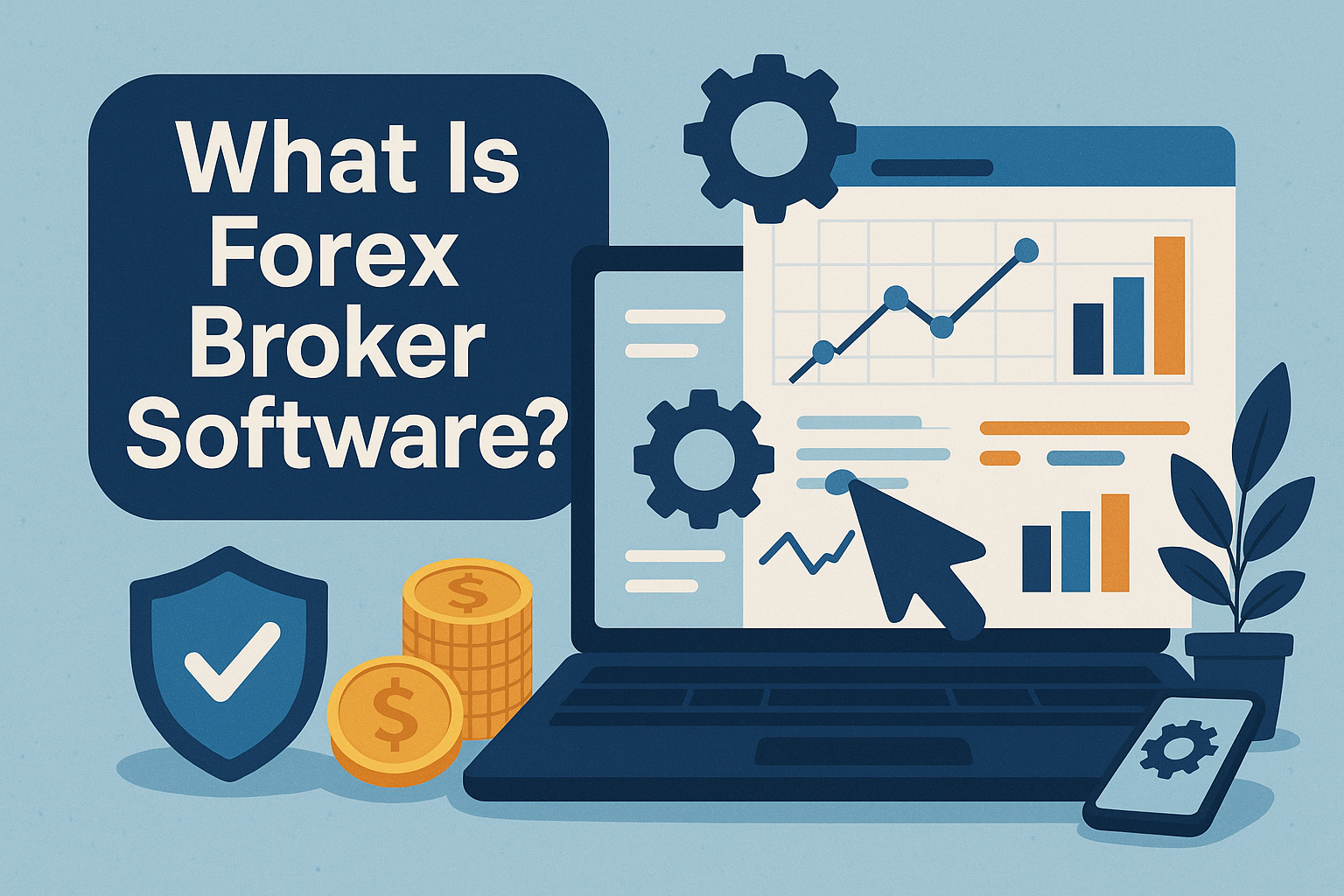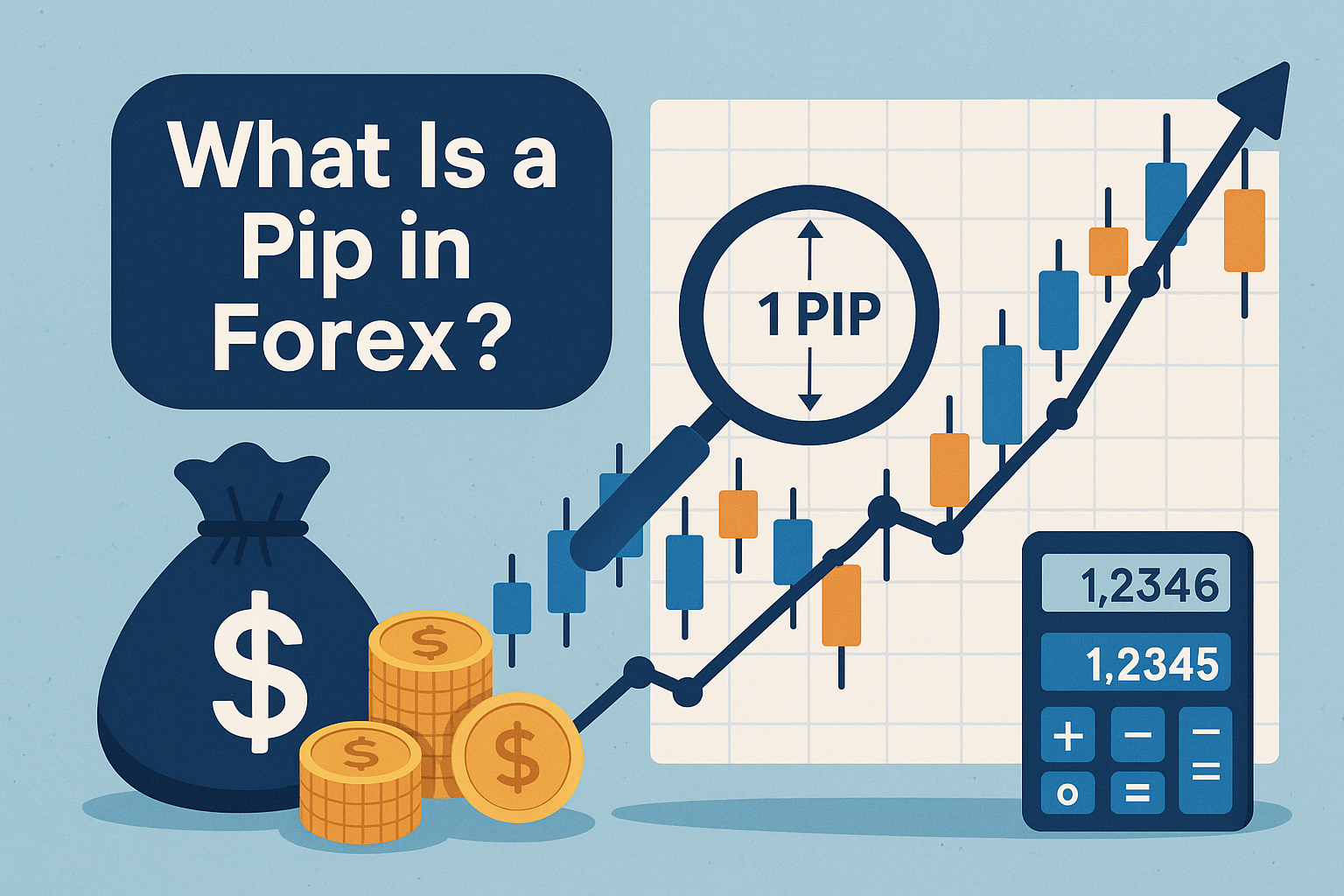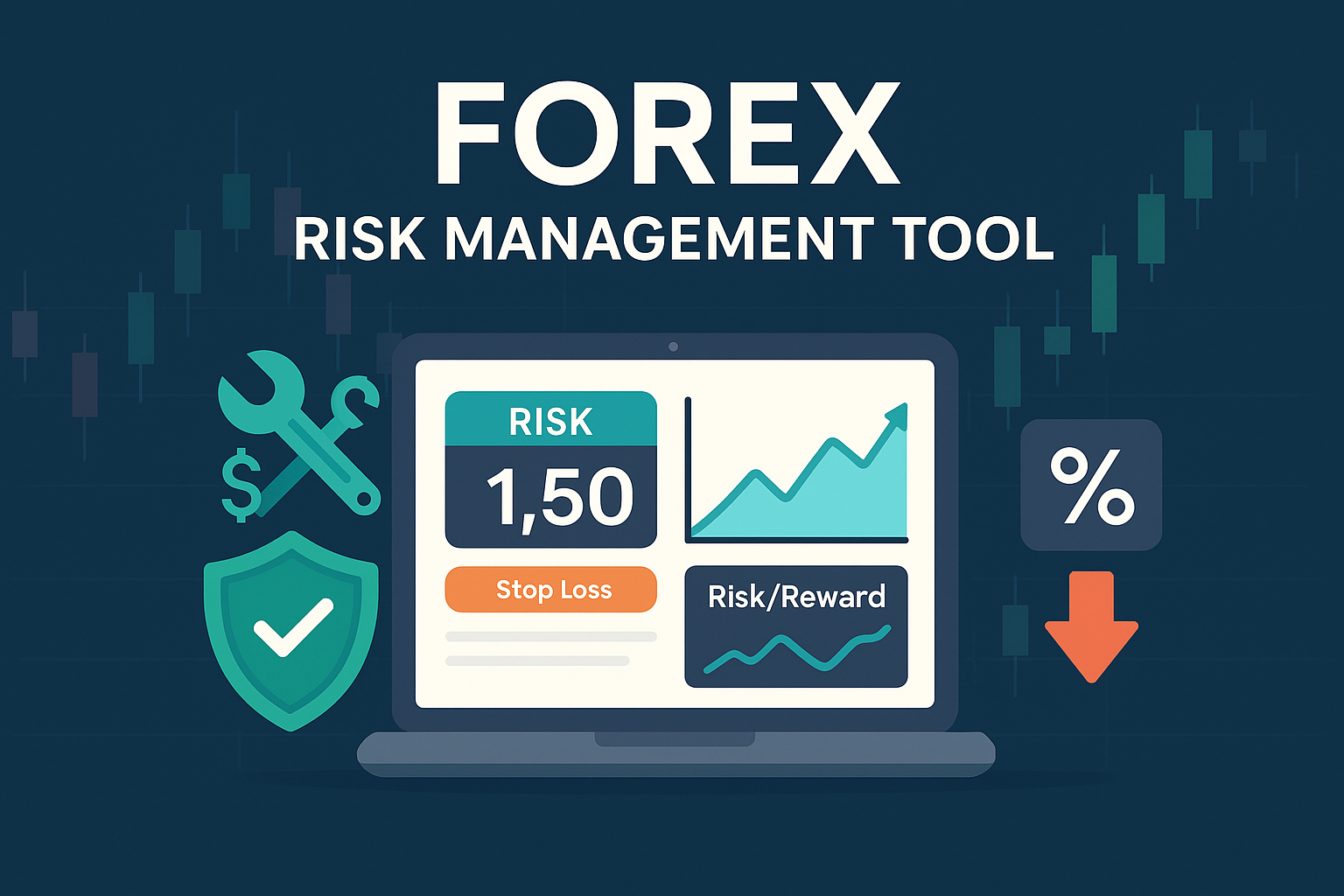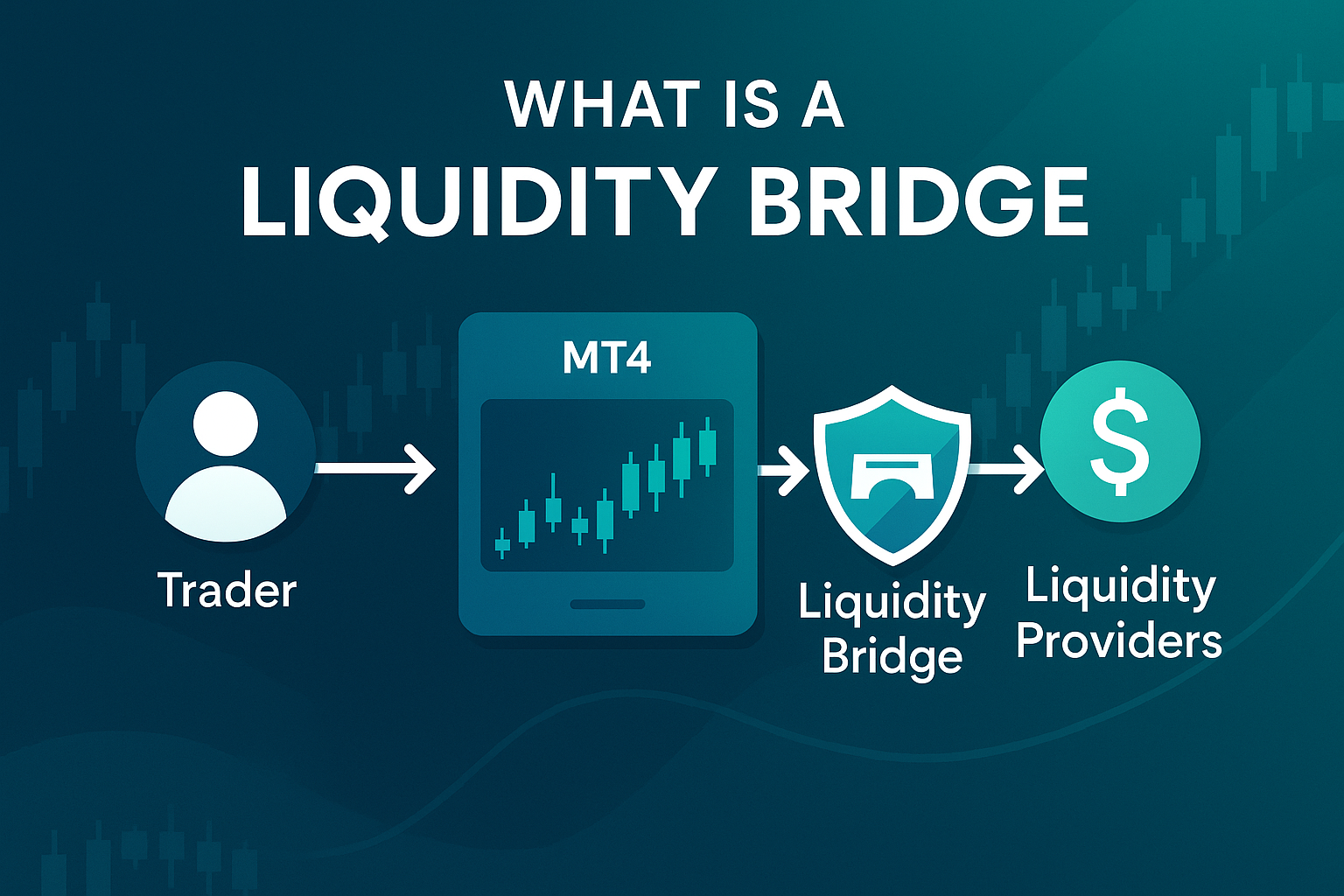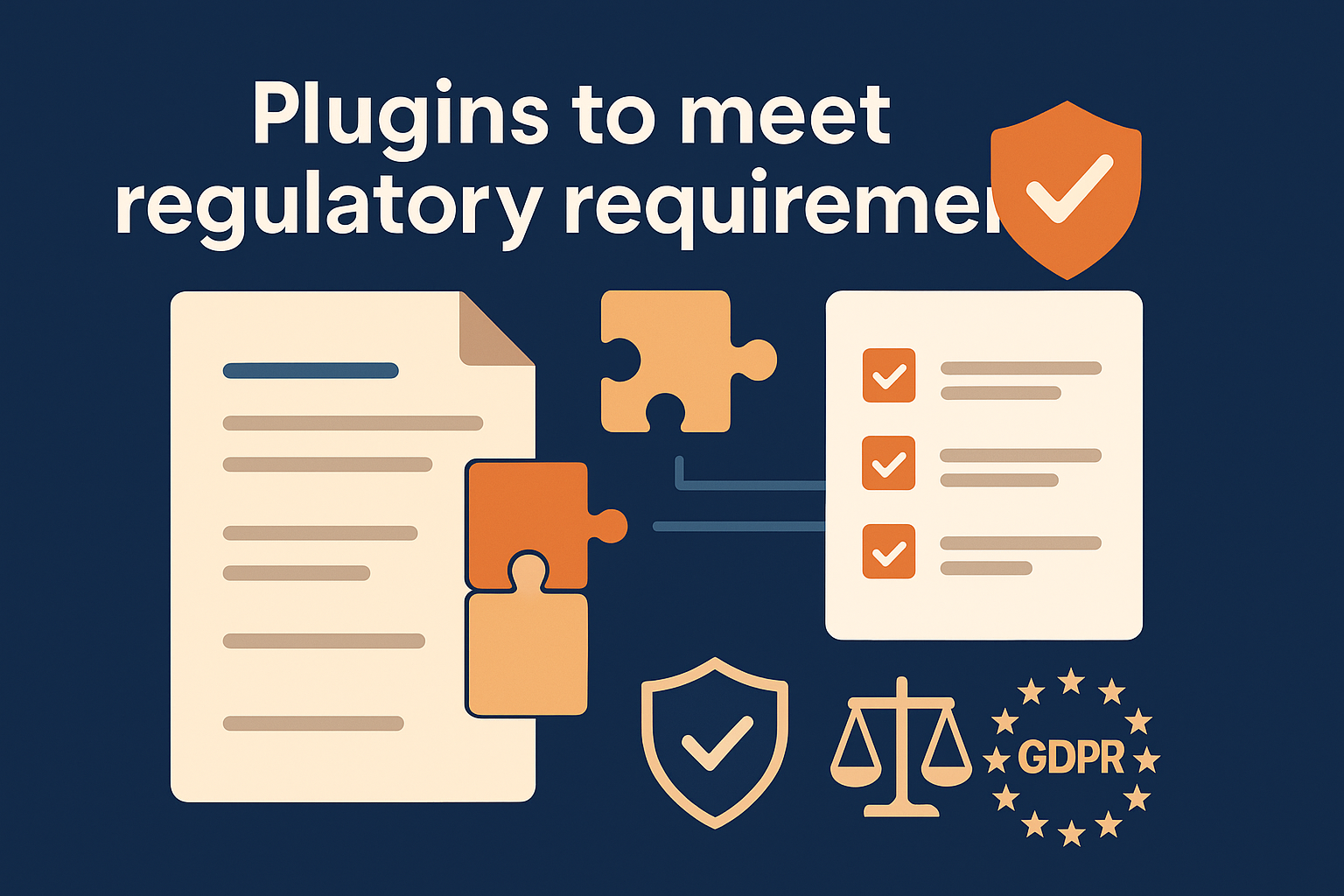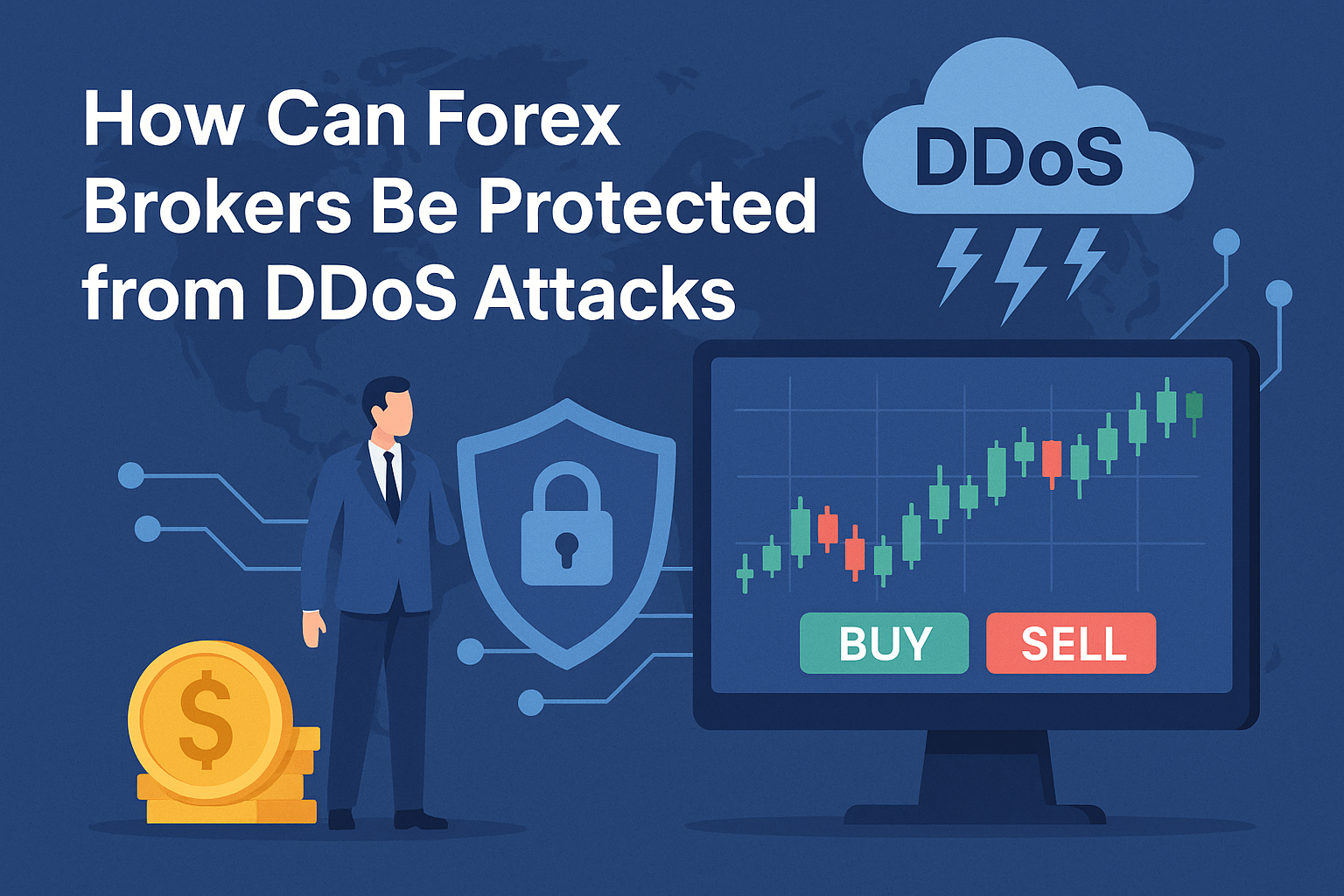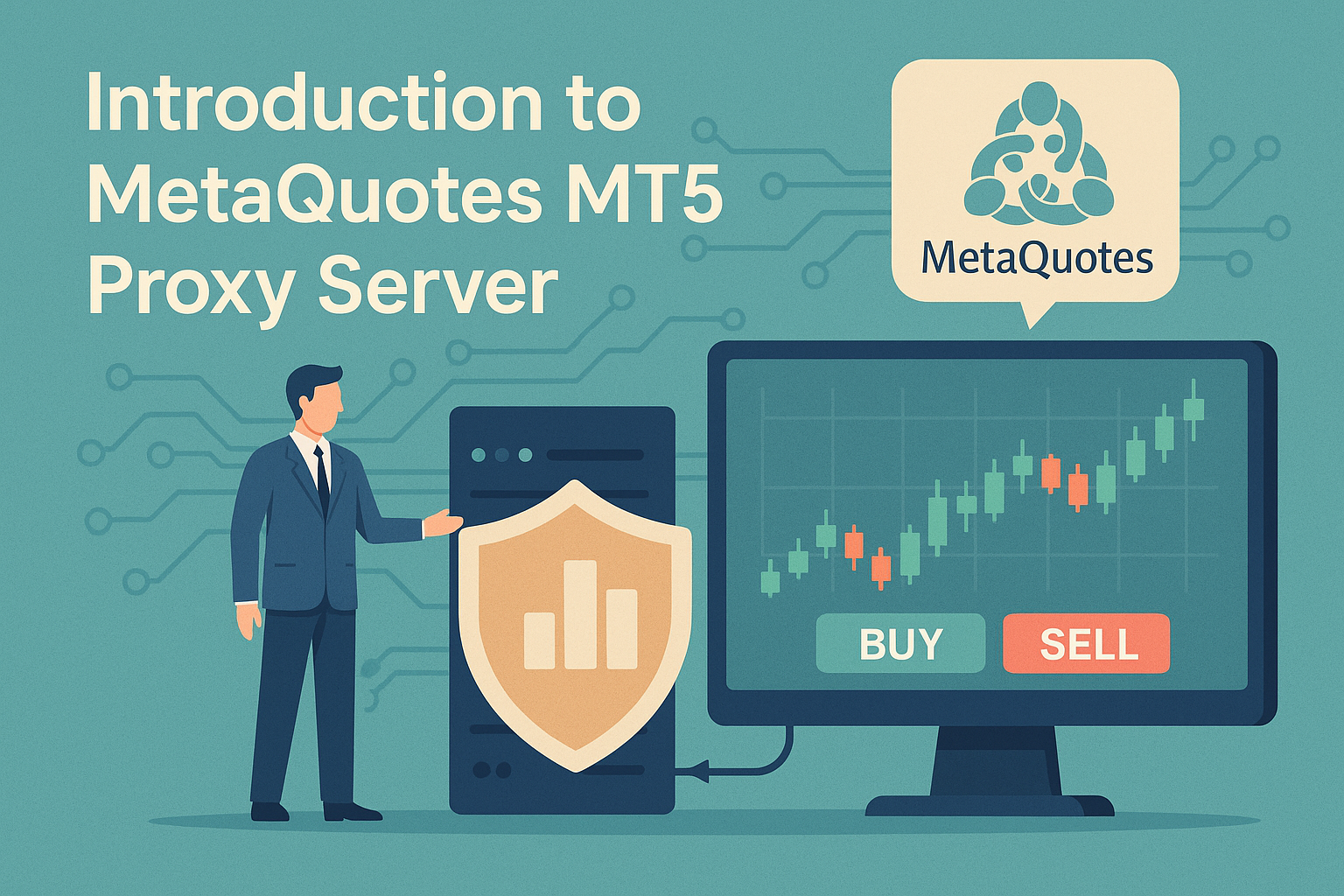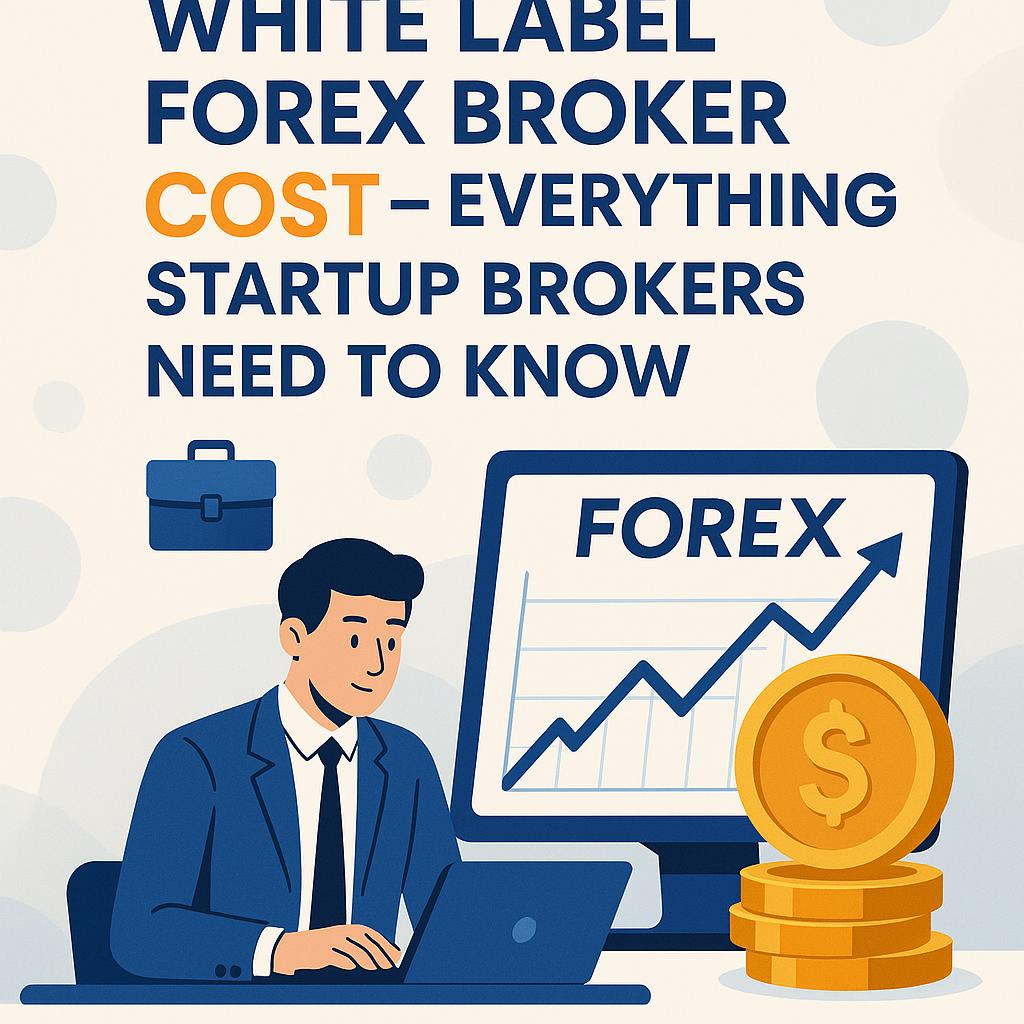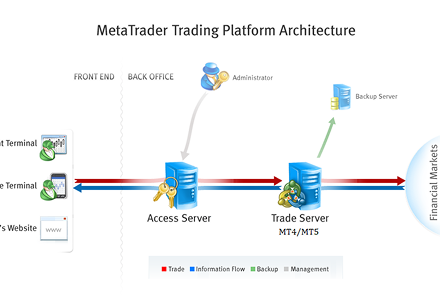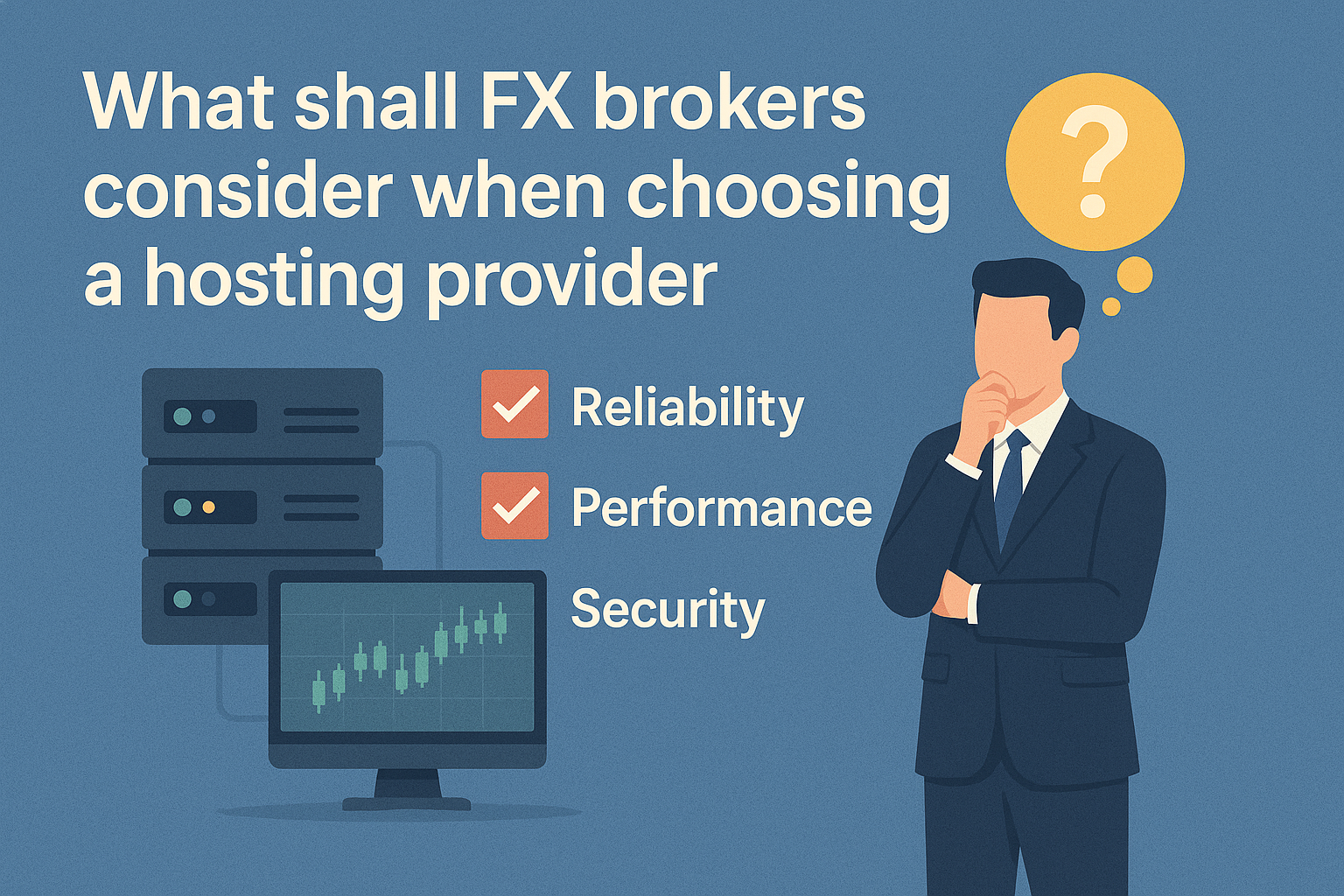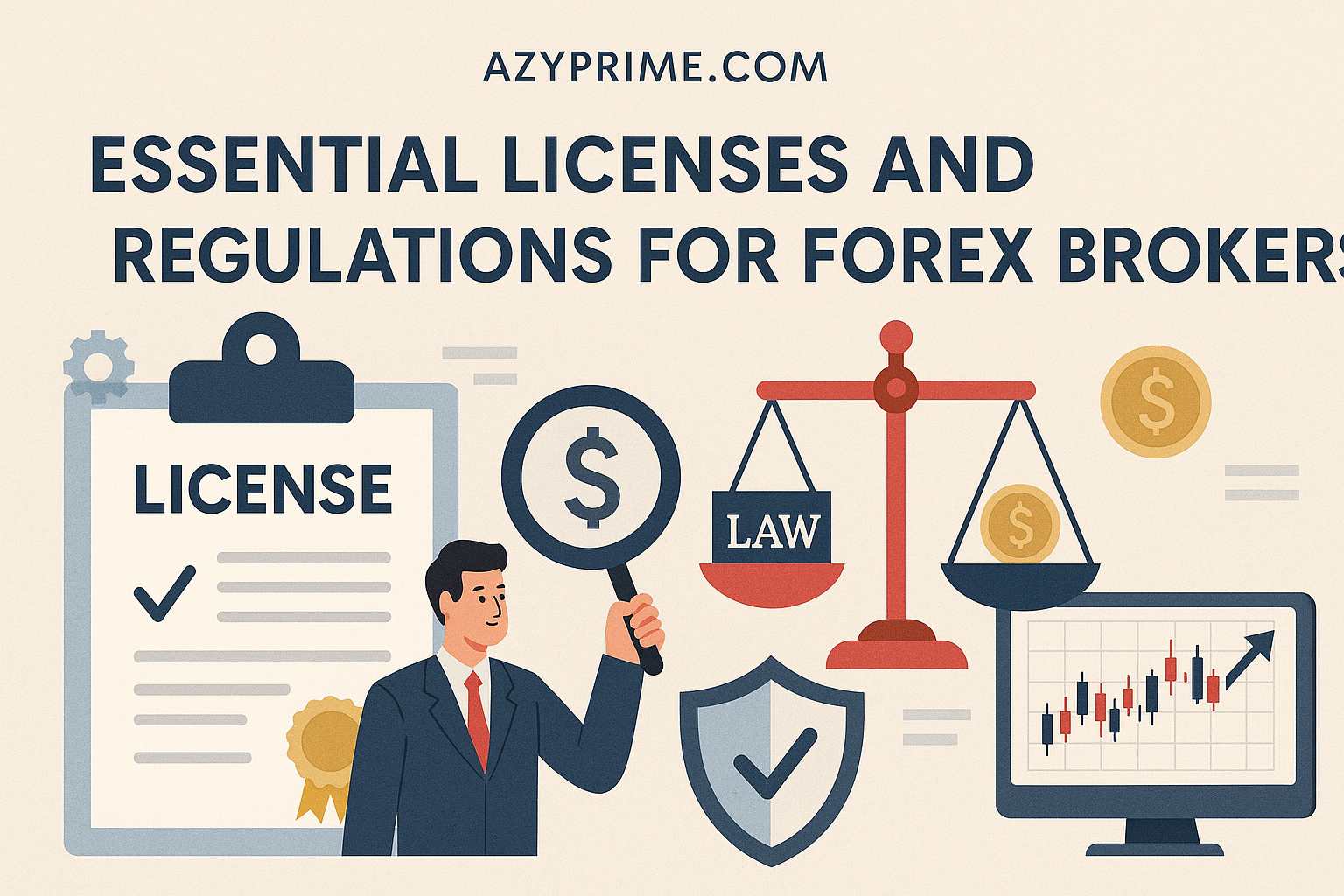
The Forex market is not just about currency exchange. It is a complex ecosystem where legal integrity, reliability, and transparency are top priorities. Essential licenses Forex brokers are the basis of trust for clients and partners. Especially in recent years, as regulators have tightened controls and traders have become more discerning.
Yes, there is a gray segment, but it relies on enthusiasts and occasional users – you can’t build a stable business in such conditions. Permits and compliance with regulations broker Forex protect client capital, provide clear rules of the game, enable working with banks, payment service providers (PSP), and obtaining liquidity from major providers. An unlicensed broker almost always remains on the sidelines – without access to proper infrastructure and no prospects for scaling.
So, the question is not whether a license is needed, but which one to choose and how to build your business around it.
Why Licensing Matters
Essential licenses Forex broker – the backbone of credibility and a safeguard against chaos. Without these licenses, brokers step into a shadowy zone where oversight fades and risks multiply. It’s like wandering into an unmarked territory where promises mean little and money can disappear without a trace.
Investors want more than just flashy platforms and tempting spreads; they want reassurance that their funds aren’t at the mercy of luck or empty claims. A proper license acts as a tangible guarantee, a signal that the broker adheres to established standards, is subject to ongoing scrutiny, and must follow certain rules. Overall, licensing transforms Forex from a risky gamble into a structured environment where trust can actually take root.
Why is this important? First, a license protects clients from fraud and dishonest schemes. Recall stories when companies disappeared with investors' money, leaving them with nothing. Licensed brokers must follow transparent procedures and comply with financial reporting and security standards.
Second, regulations Forex brokers set boundaries that help avoid conflicts of interest. For example, brokers cannot simply ignore clients' risks for their own benefit. There are clear rules on capital management, preventing manipulation, and ensuring fair trade execution.
Third, a license gives traders legal support and the ability to appeal to regulatory authorities in case of disputes. If a broker operates without permission, proving violations and recovering funds becomes almost impossible.
Key advantages of licensing include:
- protection of investments and ensuring the financial stability of the broker;
- mandatory compliance with transparency and reporting standards;
- control over ethical conduct and fraud prevention;
- availability of legal support for clients;
- enhanced reputation and market trust.
The absence of a license is always a red flag, a signal to carefully analyze and look for alternatives. Even if a broker offers tempting conditions, the lack of essential licenses brokers Forex can lead to significant losses.
In the end, licensing is not just bureaucracy but real protection and guarantee. For those who value their money and aim for stable trading, choosing a licensed company is a must. Market rules exist not to complicate life but to make it safer and clearer.
Key Licenses to Consider
Today, there are many different regulations brokers Forex, but ASIC and FCA form the basis of reliability and security for most traders and brokers. It’s hard to imagine serious and stable operations without them, as these licenses define trust and accountability in the market.
ASIC (Australia)
The Australian Securities and Investments Commission (ASIC) is one of the most respected regulators in the Forex world. ASIC licensing often becomes a kind of “quality mark” for brokers aiming to work with Asian and Australian markets, as well as traders from other countries.
ASIC doesn’t just check companies on paper but sets high standards in several key areas:
- Requirements for authorized capital and financial stability – brokers must have sufficient reserves to cover client risks.
- Mandatory segregation of client and operational accounts – a crucial protection since client funds are not mixed with company finances.
- Ongoing monitoring – ASIC regularly audits brokers to ensure compliance.
- Transparency – brokers must provide clear reports and disclose important information, including commissions and risks.
- Swift handling of complaints/disputes – ASIC manages conflict resolution, which is not always typical for less strict regulators.
Why is ASIC so important? Because this license often signals a serious approach, not just a quick profit attempt. Overall, essential licenses brokers Forex like ASIC give clients confidence that the company will honor commitments and follow the rules.
Practical benefits for traders working with ASIC-licensed brokers include:
- more transparent trading conditions;
- real capital protection, especially in crises;
- fast payouts and clear refund policies.
And, of course, high-quality customer service.
FCA (United Kingdom)
The Financial Conduct Authority (FCA) is another giant in the Forex licensing world. FCA is known for strict control and detailed requirements for brokers seeking to operate in the UK and Europe. It is a serious regulator that sets the rules of the game, ensuring market safety and fairness.
What makes FCA licensing strong? Here are some features that make it one of the essential licenses broker Forex:
- Requirement for sufficient own capital to cover all client obligations.
- Mandatory Professional Indemnity Insurance, providing additional trader protection.
- Strict rules on marketing and advertising to avoid misleading clients.
- Leverage limits, aimed at minimizing risks for novice traders.
- Transparent procedures for refunds and dispute resolution.
FCA imposes high demands on brokers, thereby emphasizing honesty and client protection. This affects trading conditions – FCA-licensed brokers rarely offer harsh terms with hidden fees or unfair spreads.
Main advantages of FCA licensing:
- protection against fraud with thorough process control;
- clear rules and high broker responsibility;
- ability to file complaints to the independent Financial Ombudsman Service;
- guaranteed compensation via the Financial Services Compensation Scheme (FSCS) if the broker goes bankrupt;
- high trust among international traders.
Differences between FCA and ASIC? Well, primarily the region and the target audience. FCA focuses mainly on the UK and European markets, while ASIC tends to cater more to Asia-Pacific clients. FCA’s rules are generally stricter when it comes to marketing practices and leverage limits, reflecting its cautious approach to retail traders.
ASIC, on the other hand, offers somewhat more flexibility but maintains rigorous financial stability requirements. Both regulators share a commitment to transparency and client protection, but their styles reflect different market needs and regulatory philosophies. Choosing between them often depends on the broker’s business model and target clientele, yet having either license instantly boosts a broker’s credibility in the global Forex arena.
Final Notes
Ultimately, having the right licenses and complying with regulations Forex broker guarantees honesty and security for traders and brokers alike. The choice of jurisdiction affects client trust and business stability. Without reliable regulation, success in Forex remains highly uncertain.

